There’s an invisible assailant that threatens the lives of horses each year, often hiding in plain sight. Its name is Equine Protozoal Myeloencephalitis (EPM), a neurologic disease caused by a single-celled parasite. Detecting it early can mean the difference between life and death. This post isn’t just about understanding EPM; it’s about recognizing the signs of a silent invader and acting swiftly, for the love of our equine family members.
Understanding EPM
EPM is a devastating disease that affects the central nervous system of horses. The signs can often be subtle, making early detection a challenge. But the cost of missing these signs can be heartbreaking.
Recognizing the Signs of EPM
No two horses exhibit the exact same symptoms of EPM, which can make it a challenge to diagnose. But there are common signs to watch out for:
Difficulty walking or an unsteady gait
Weakness, particularly in the hind limbs
Muscle atrophy, especially over the back and hindquarters
Difficulty swallowing
Behavioral changes like depression or aggression
The key is to remember that any change in your horse’s behavior or physical condition could be a warning sign. EPM is a master of disguise, but we can outsmart it by being vigilant observers.
3. Immediate Steps to Take
If you notice any of these symptoms, don’t delay. Every moment counts when dealing with EPM. Here’s what you should do:
Contact Your Veterinarian: Call your vet immediately and express your concerns. Time is of the essence.
Prepare for Examination: Your vet will likely need to perform a neurological examination and potentially a spinal tap to confirm EPM.
Discuss Treatment Options: If your horse is diagnosed with EPM, your vet will recommend a course of treatment, often involving anti-protozoal medication.
4. The Fight Against EPM: A Battle Worth Fighting
EPM is a daunting adversary. But with early detection and immediate treatment, many horses can recover and return to a good quality of life. It’s a battle worth fighting, and we fight it together – horse owners, veterinarians, and most importantly, the horses themselves.
Our horses aren’t just pets. They’re family. They’re partners. They’re silent confidants and the most loyal of friends. When they suffer, we suffer. And so, we must stand vigilant, ever watchful for signs of the silent invader known as EPM. We owe it to these noble, gentle beings to protect them as they have carried us, physically and emotionally, throughout our shared journeys. So, let’s make a promise today: a promise of vigilance, swift action, and unwavering commitment in the face of EPM. Because every horse life, every horse story, is precious.

